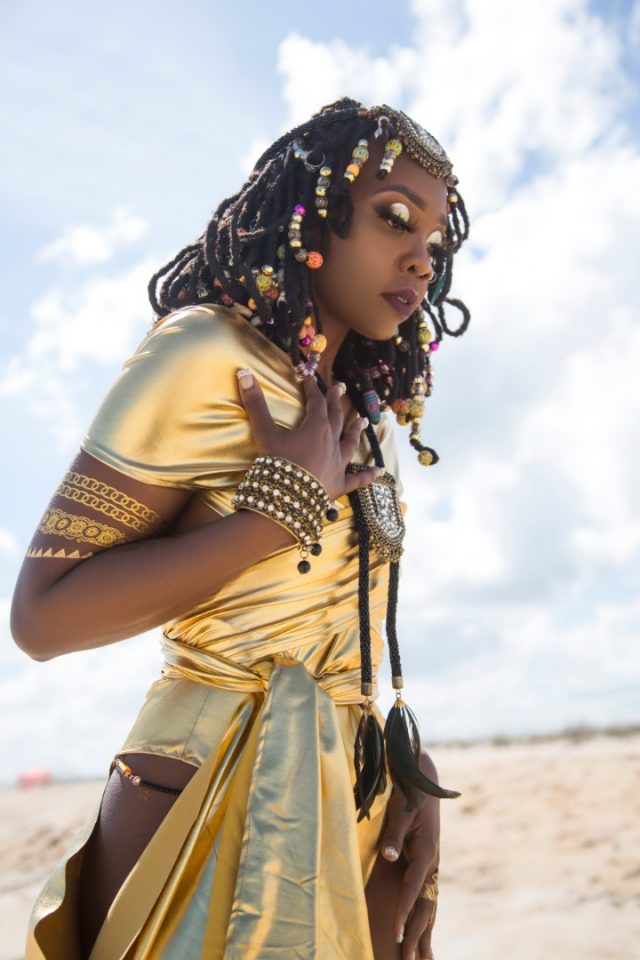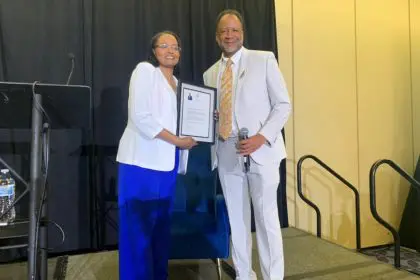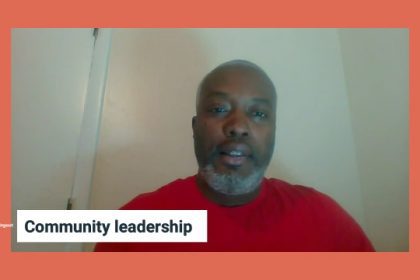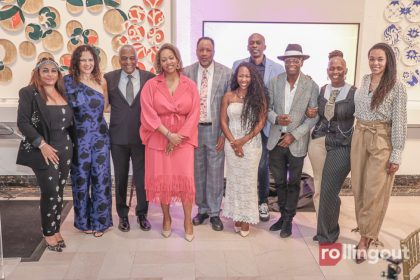
Art imitates life and can be powerful when the artists take their lived experience and couple it with their creativity to raise awareness and uplift others. Multitalented poet, HIV activist and survivor Ebony Payne-English recently sat down with rolling out to share her journey, how she’s using her platform to advocate and continue the fight to end the HIV epidemic and discuss her award-winning short film that tells the story of Medusa through a different lens.
Please give us some background about your journey and experience with HIV?
I am a poet, a playwright and a hip-hop artist, and when I was diagnosed, one of the things that affected me was the stigma associated with HIV/AIDS. Because I was an entertainer that [having HIV] was something that prevented me from seeking out resources because of fear of being recognized or spotted or outed in the community. In the industry, it’s a very careful thing to manage in regard to public perception, especially in regard to sexuality. My work is creating opportunities and safe spaces for people, especially Black women, living with this illness to feel safe.
What was your turning point for coming out of your dark moments?
Somebody tried to use it against me. A woman in my community tried to leverage it on Facebook to slut shame me. People were coming to my defense and saying that it wasn’t true. At that point, I had to make a decision [because] I wasn’t writing; my pen wouldn’t allow me to be dishonest and pretend that I was OK when I wasn’t. It forced me to look in the mirror and love and approve of myself no matter what.
What are some tips you can share with our audience to protect themselves?
One of the main things is to protect yourself at all times. Get tested once a month and go to the clinic together. That is the realest thing you can do is say, “I love you enough to make sure you know that I’ve got papers on this person.”
Tell us about the inspiration behind your film, Kuongoza.
Kuongoza is Swahili for “guide,” and it is the reimagining of the story of Medusa. When I was little, my neighbor she’s Cuban, and we all used to hang out and play together. Her mom told me that Medusa was a Rasta woman with dreadlocks and believed her hair was snakes, but they were really knotty dreadlocks, and from that, Kuongoza was born. It’s a story about a woman, an empress, who was betrayed by her husband after she caught him in an affair and he had her head removed, and she was reincarnated as the patron saint of Black women. We are looking to get it onto streaming platforms as March 28 will make one year since its release and first screening. I want Black women to get their hands on this [film] as well as everyone else to share the joy of Black women.















